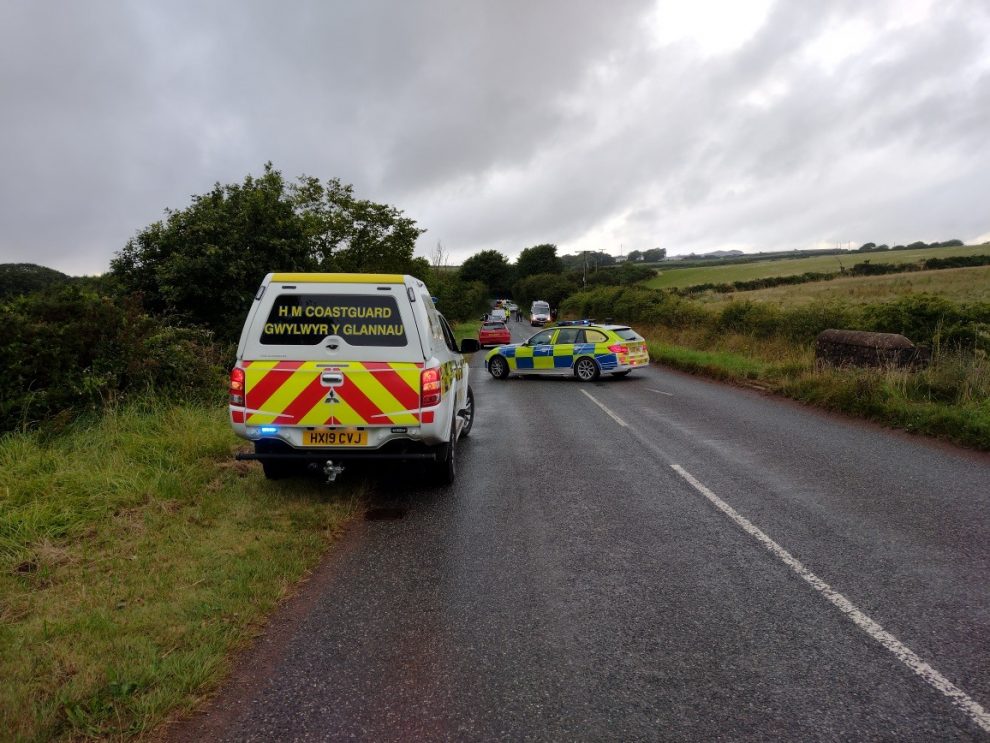THIS Road Safety Week, a report from consumer law company, Slater and Gordon, has highlighted the most dangerous areas to travel in.
The report uses the Department for Transport’s available road traffic accident data from 2018-2020 and expert insights and analysis from Slater and Gordon. It assesses incident hotspots involving personal injury, including the severity of injury, age of the victim and type of vehicle involved.

Carmarthenshire came out top in Wales as the area where road users are most likely to be injured in a road accident with approximately 1,035 people, being injured in some type of collision. Cardiff took second spot with approximately 986 people being hurt in a collision over the three-year period. Powys saw 901 injuries, Swansea 694, Rhondda 685 and Pembrokeshire 655. Newport experienced 595 people injured in accidents and Flintshire, 507. To account for a variance in population numbers, the regions were ranked in relation to accidents per person.
The worst regions to travel in Wales, are as follows:
- Carmarthenshire
- Cardiff
- Powys
- Swansea
- Rhondda
- Pembrokeshire
- Newport
- Flintshire
Those living in Scotland and Wales were most likely to be involved in a serious or fatal collision compared to the rest of the UK, with 31% of accidents in Scotland and 24% in Wales deemed to be serious or fatal. Perhaps surprisingly given its size and volume of traffic, London came bottom of this list with 15% of accidents in the area classed as serious or fatal.
When it comes to cyclists, London was the least safe with one in five (19%) accidents in the city involving a bicycle user compared to 10% in Wales, the lowest figure in the UK. Likewise, London was the least safe city for motorbike users with more than one in five (21%) accidents involving a motorbike whereas just 13% of accidents in Wales involved a motorbike.
Matt Jarvis, Chief Commercial & Insurance Services Officer at Slater and Gordon, said: “The data regarding road accidents and collisions is concerning to see. Collectively, drivers have a responsibility to ensure they are using the road in the safest way possible.
“Accidents will of course always happen but by raising awareness of the data this Road Safety Week, we really hope that those in the most prolific accident hotspots really take notice and think about their
driving behaviours. Ultimately, we want to make the UK’s roads safer for everyone.”
“Of course, this data dates from before the Covid 19 pandemic and we know that the number of road traffic accidents did decrease significantly during periods of lockdown. However, we haven’t yet seen the full impact of post-Covid changes in road usage behaviour, nor the impact of recent changes to road policy or innovation in car manufacturing. It will be incredibly interesting to see the impact on our roads in 2021 and beyond and what measures road users, car manufacturers, and the Government take to safeguard all road users.”















